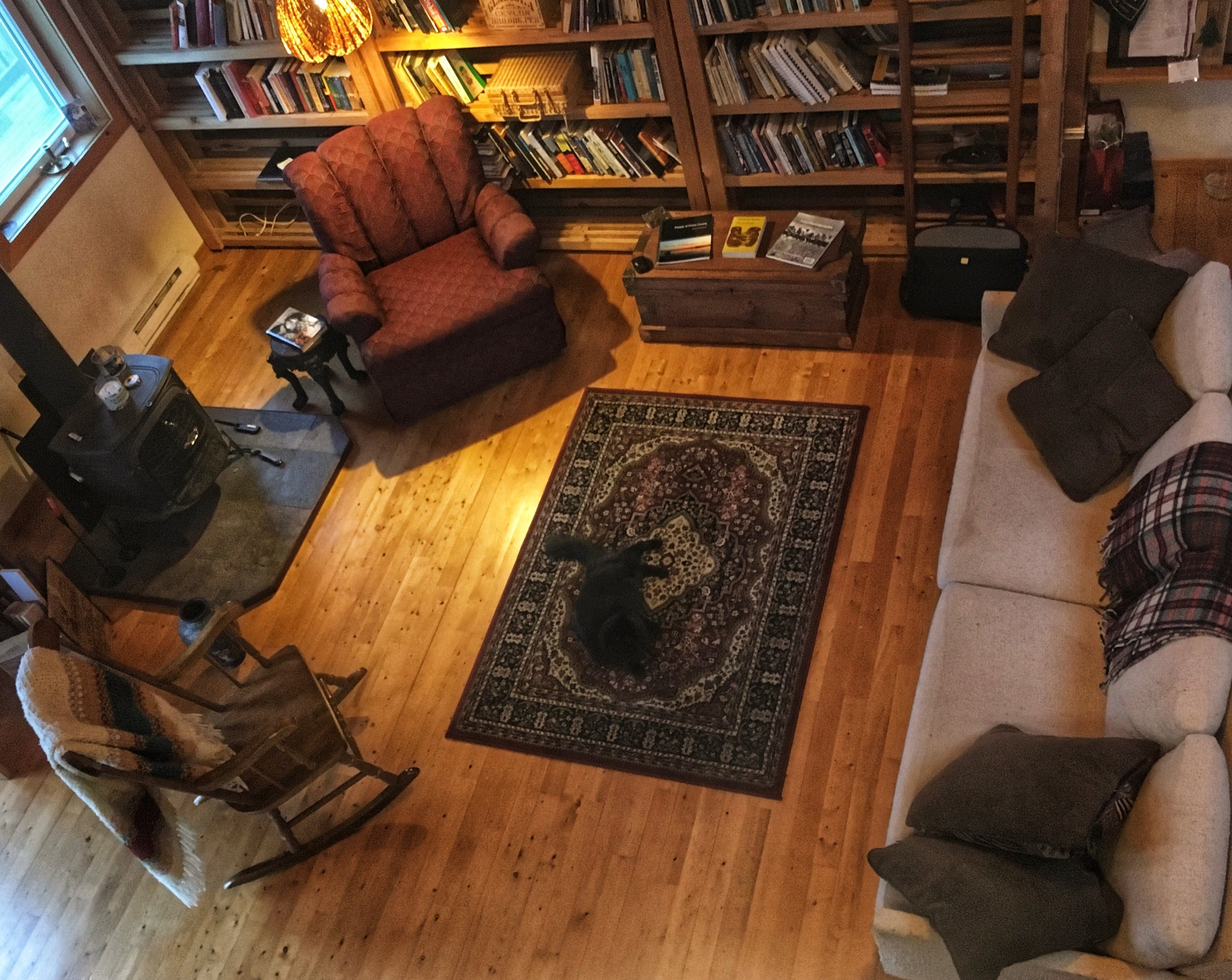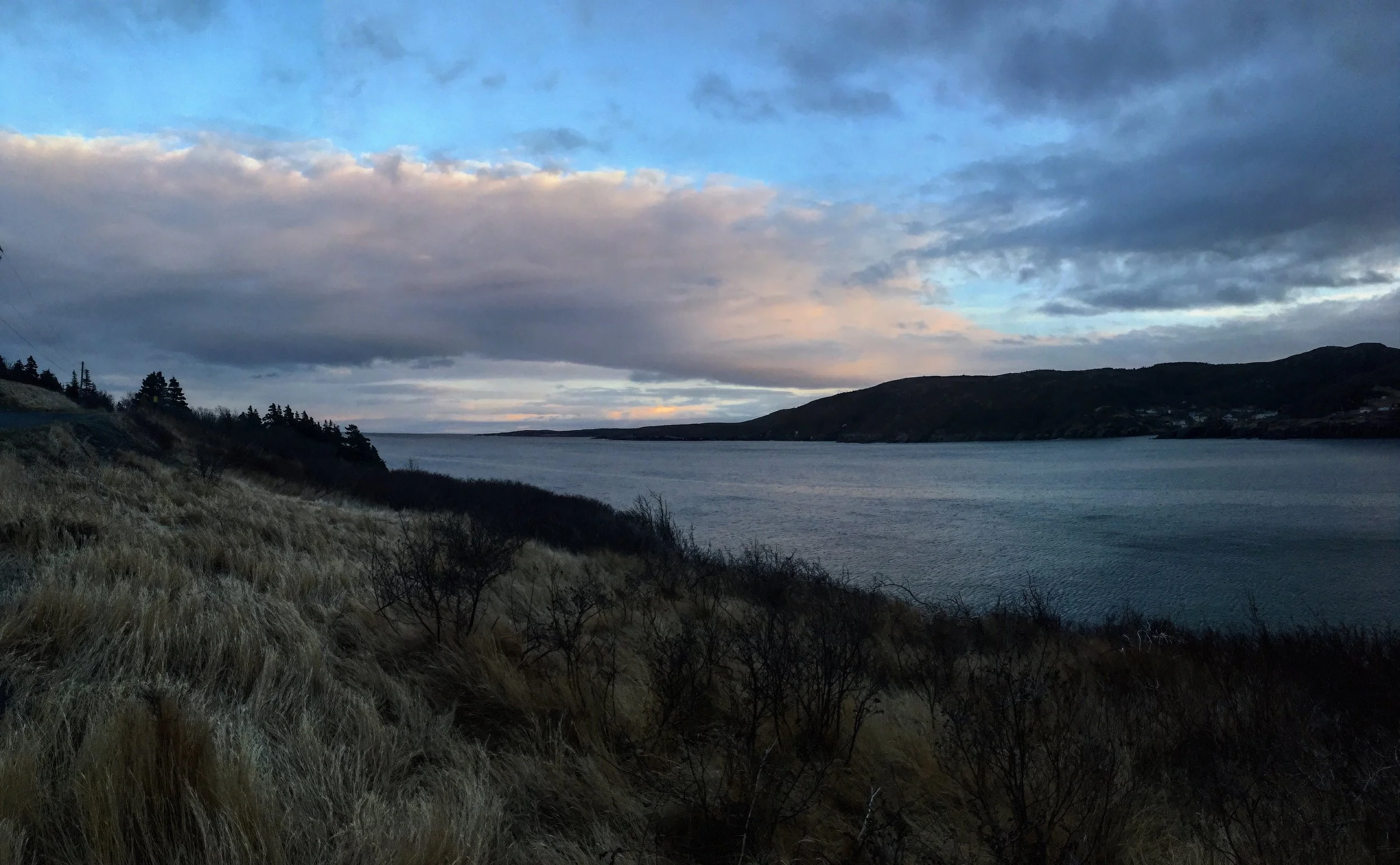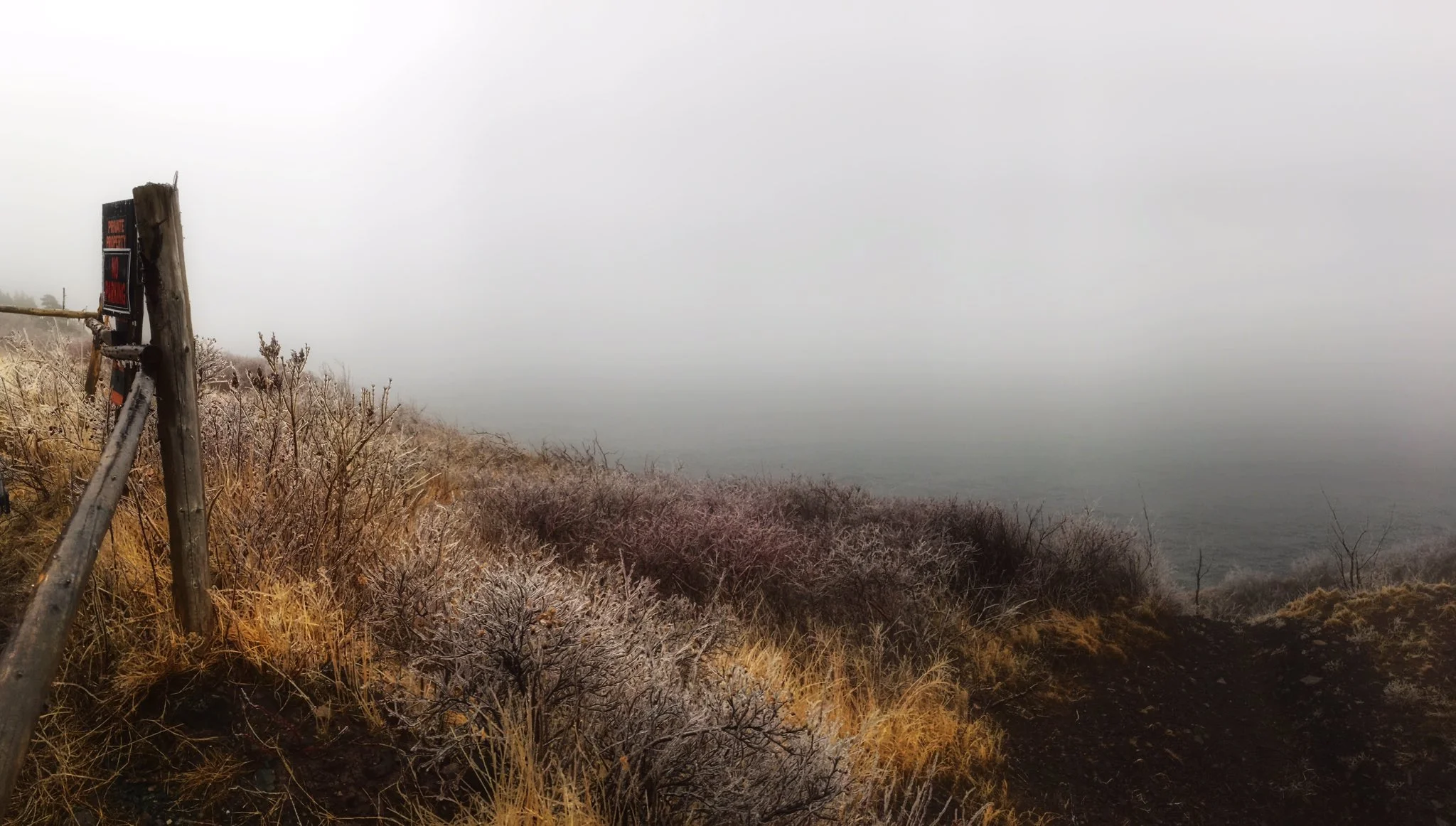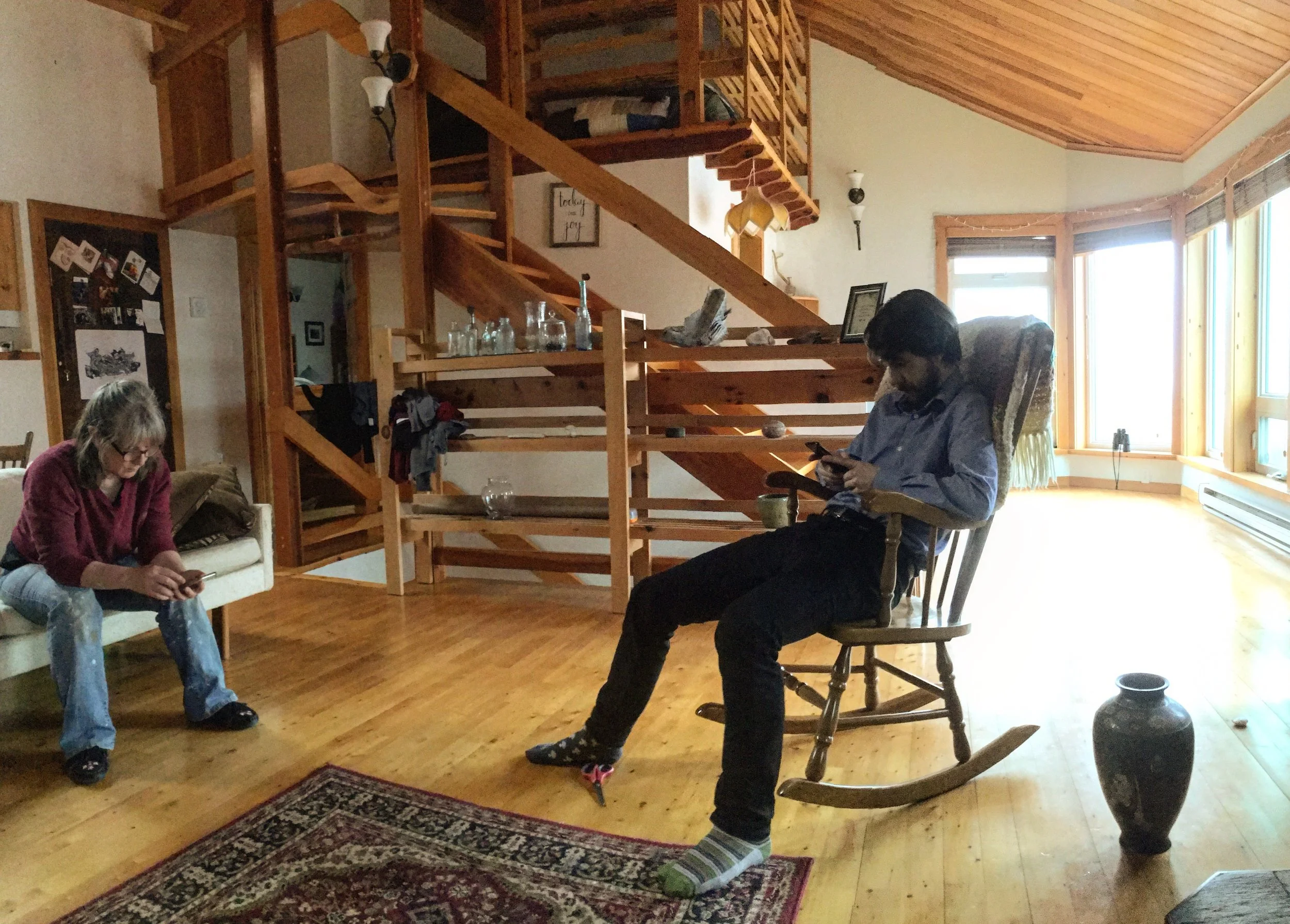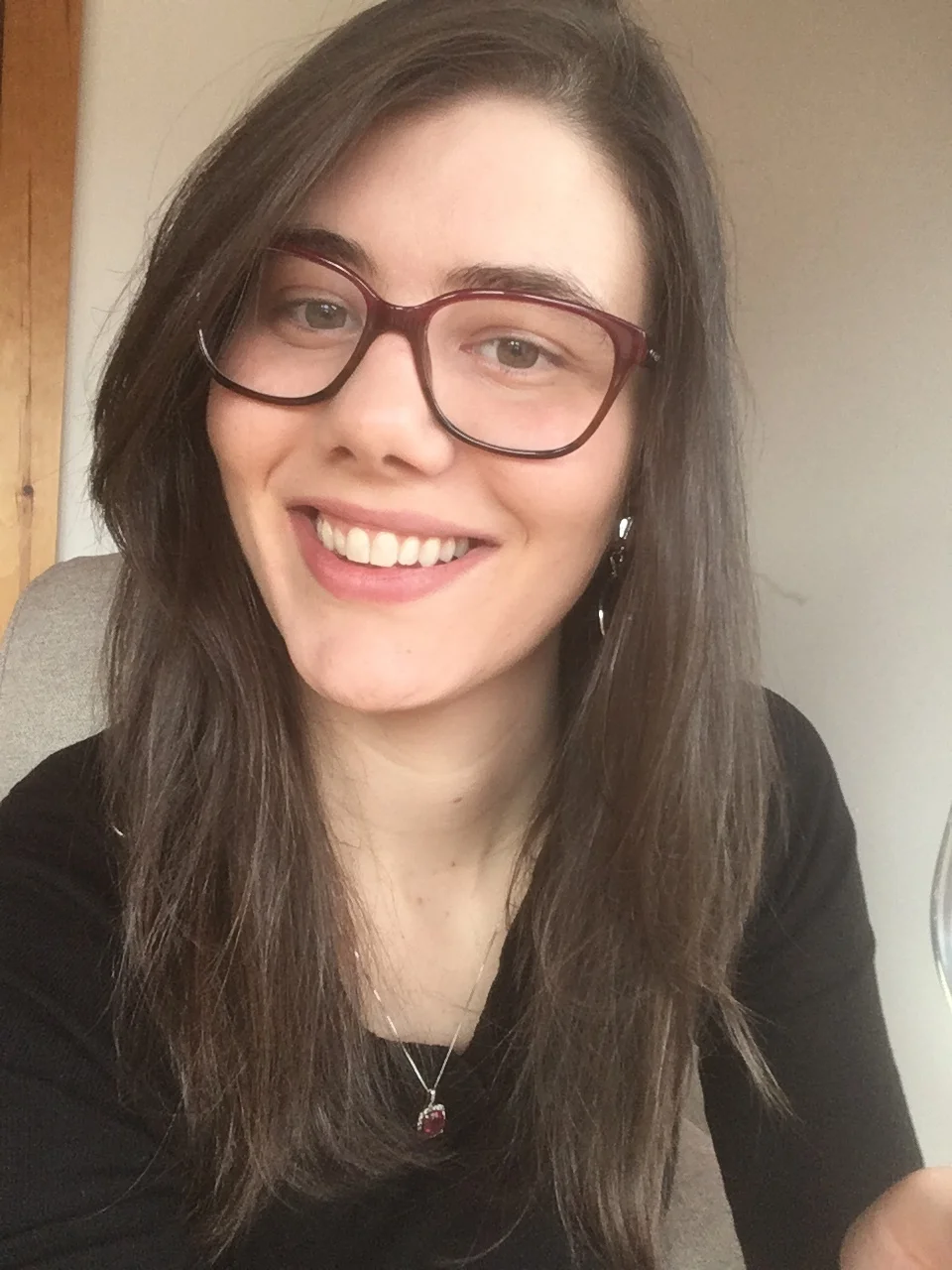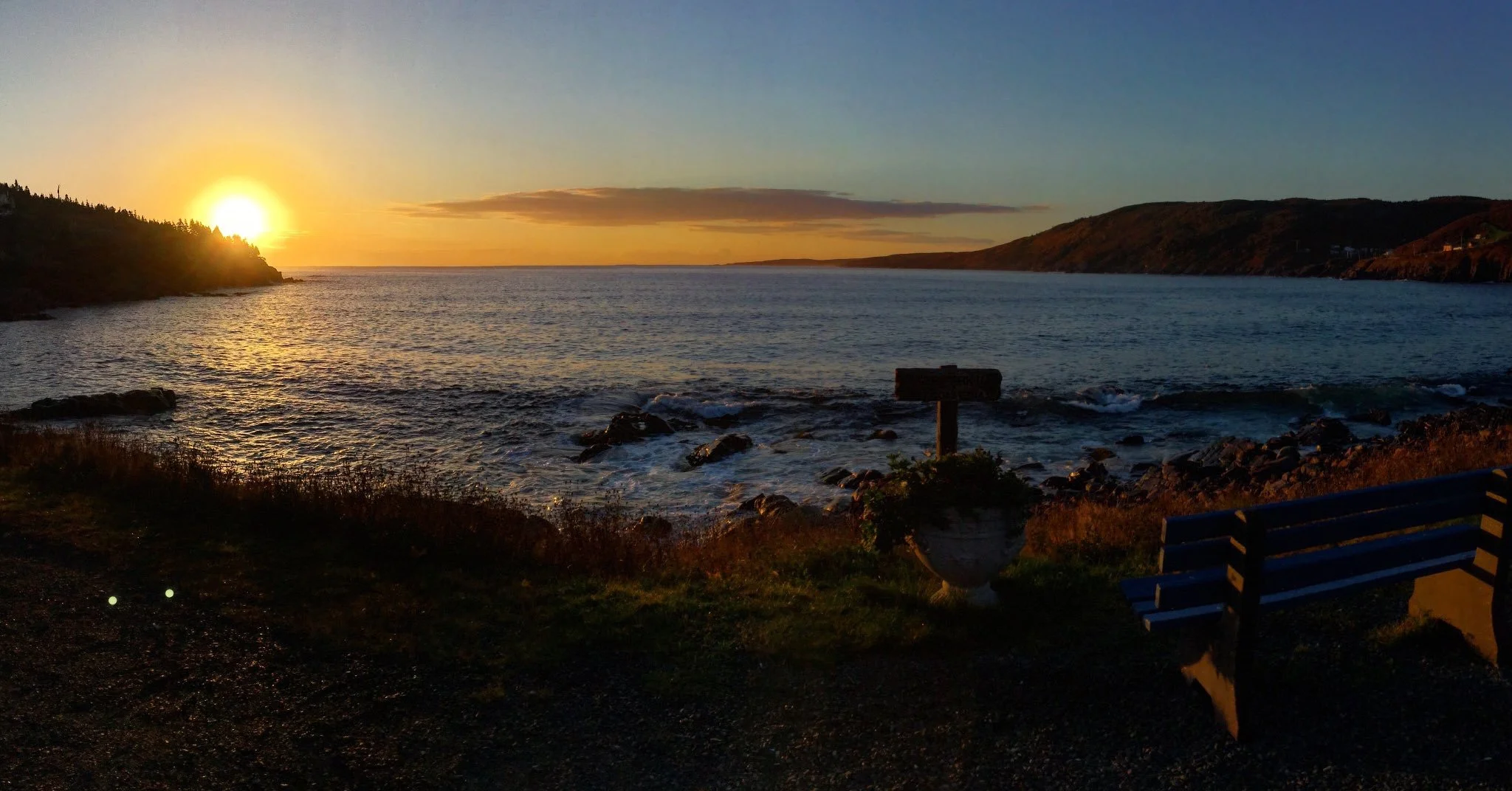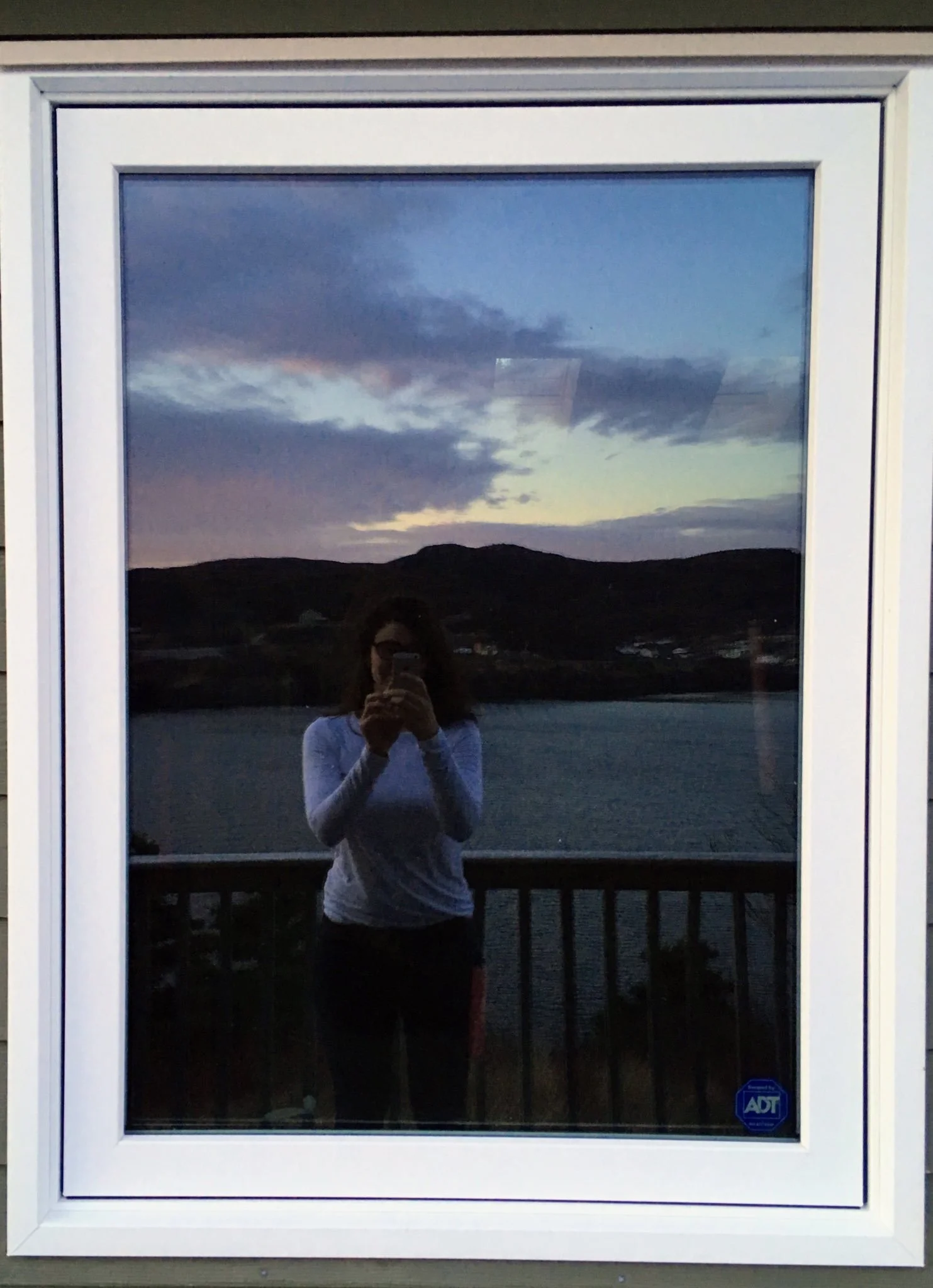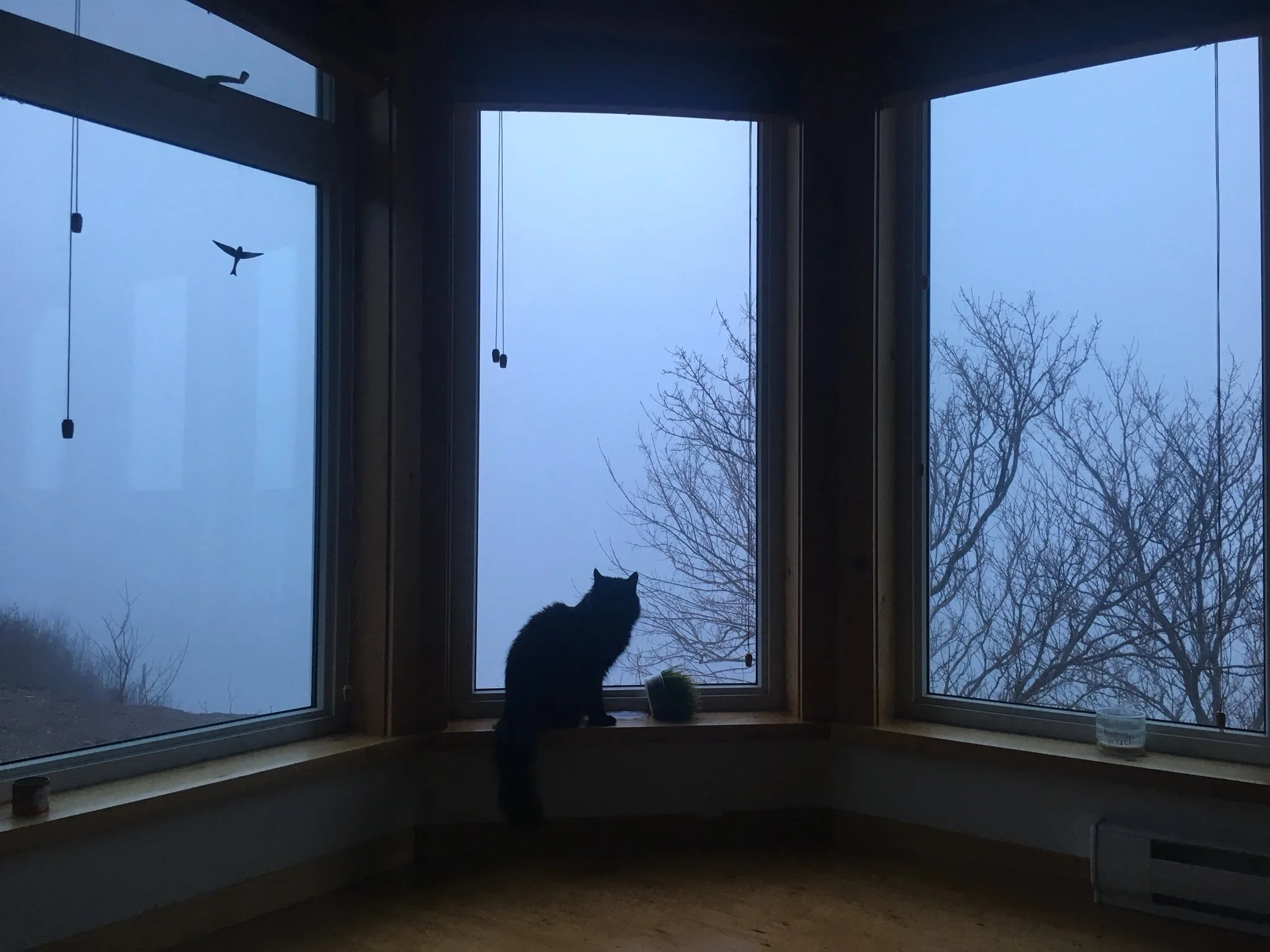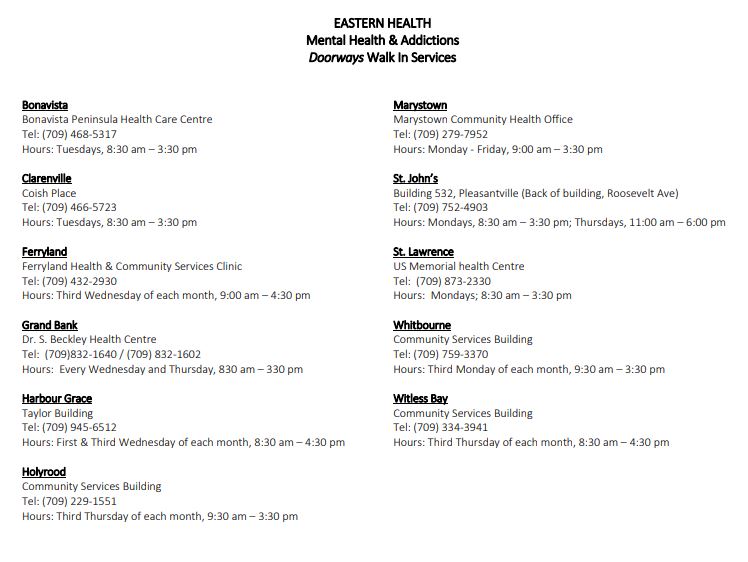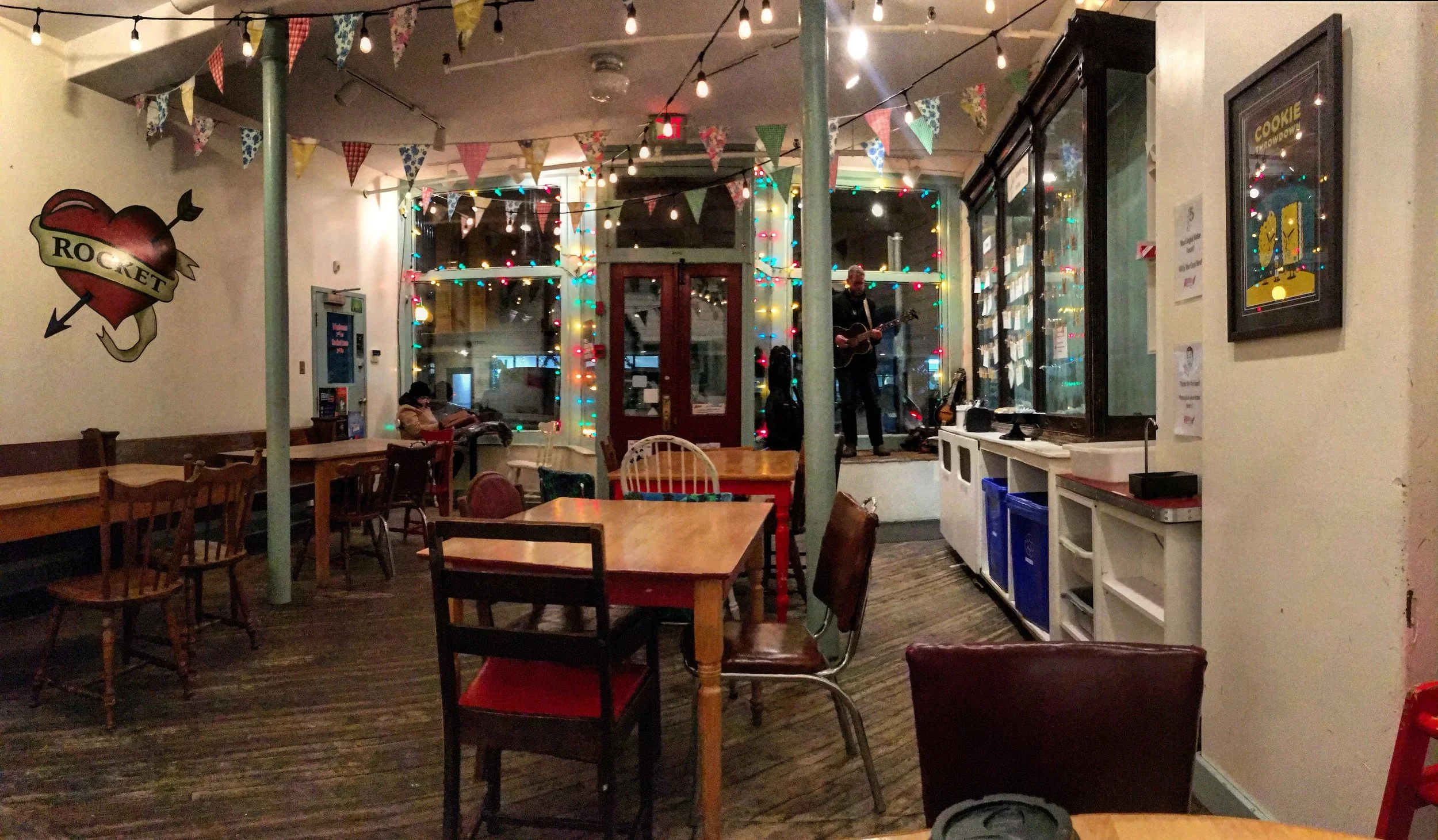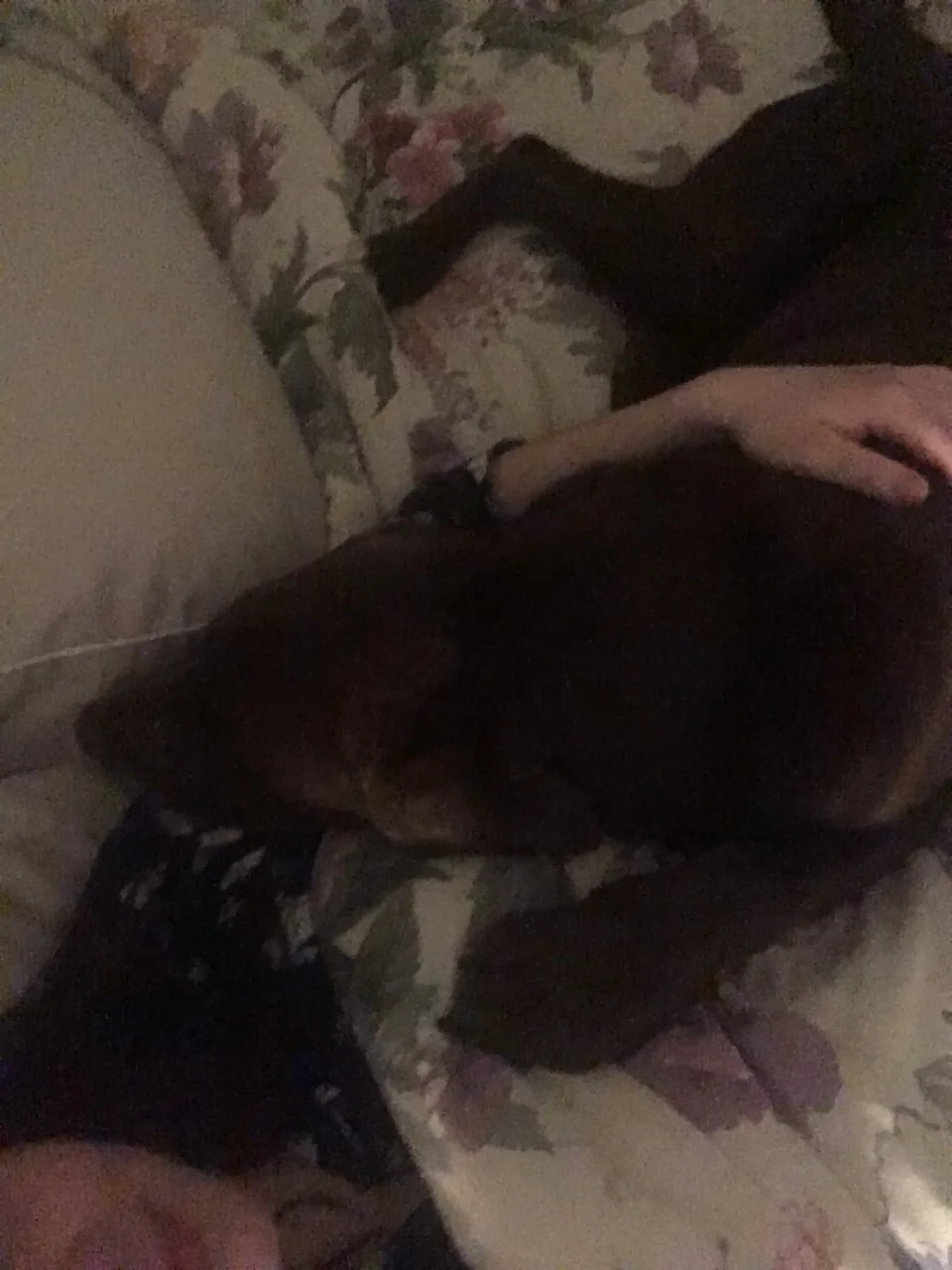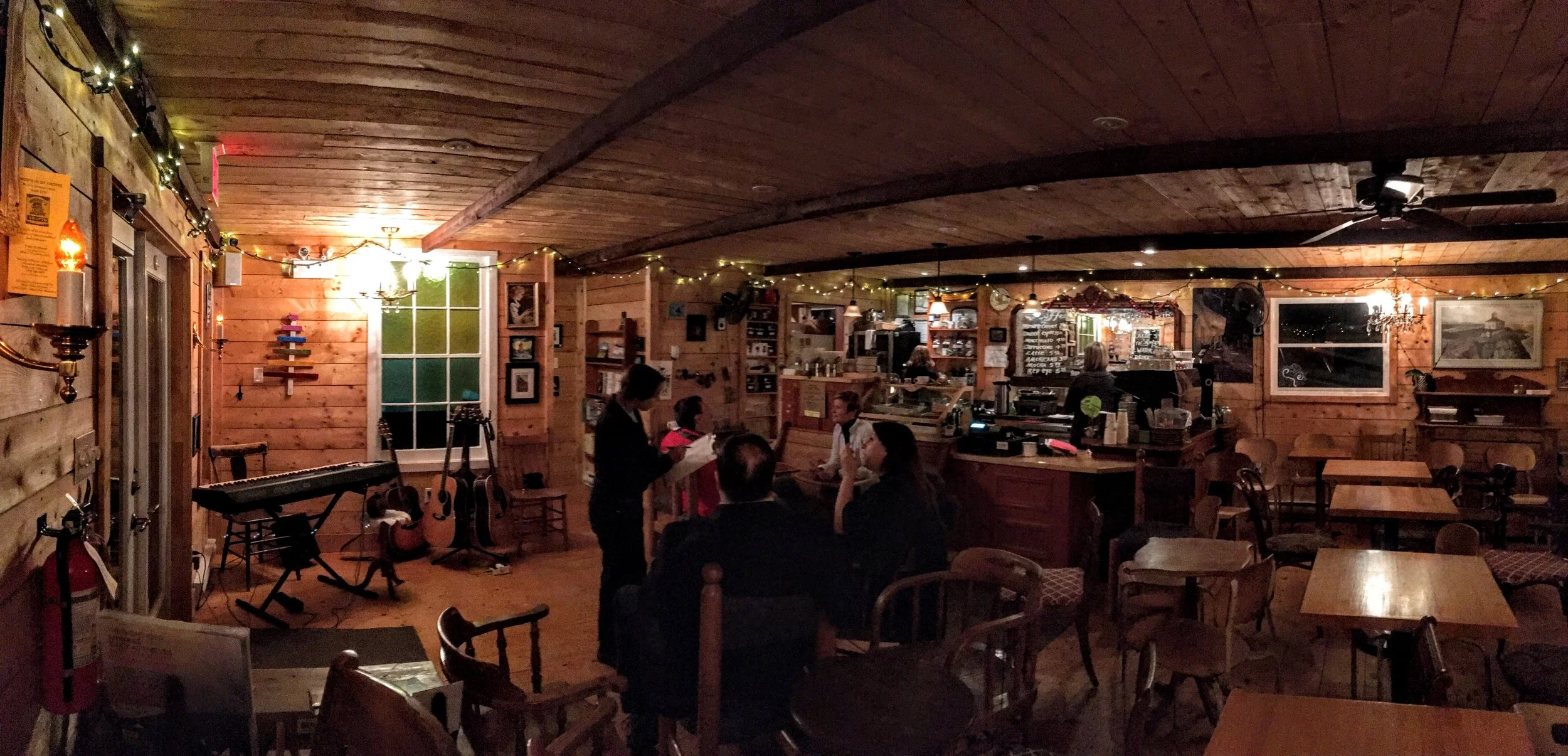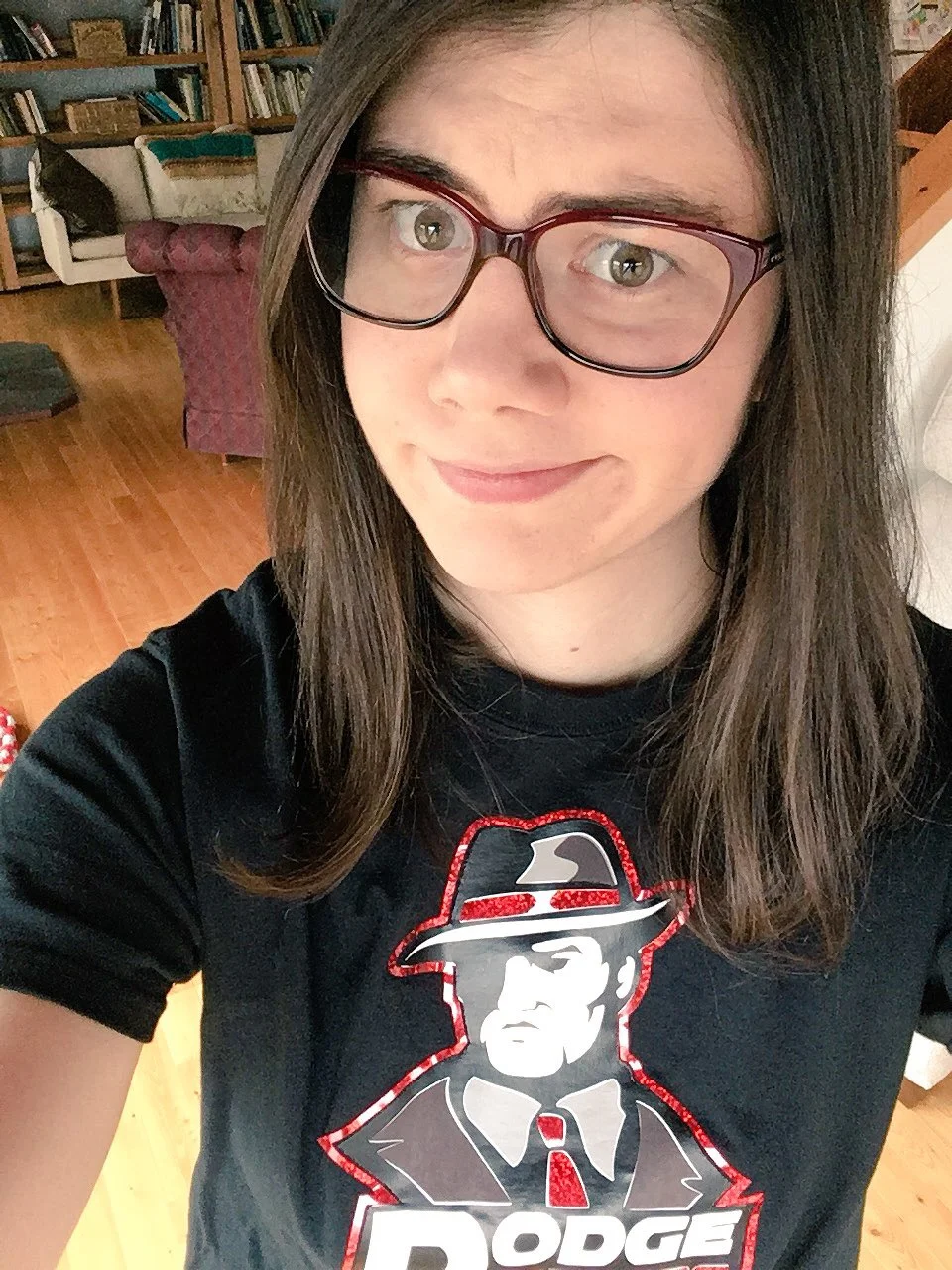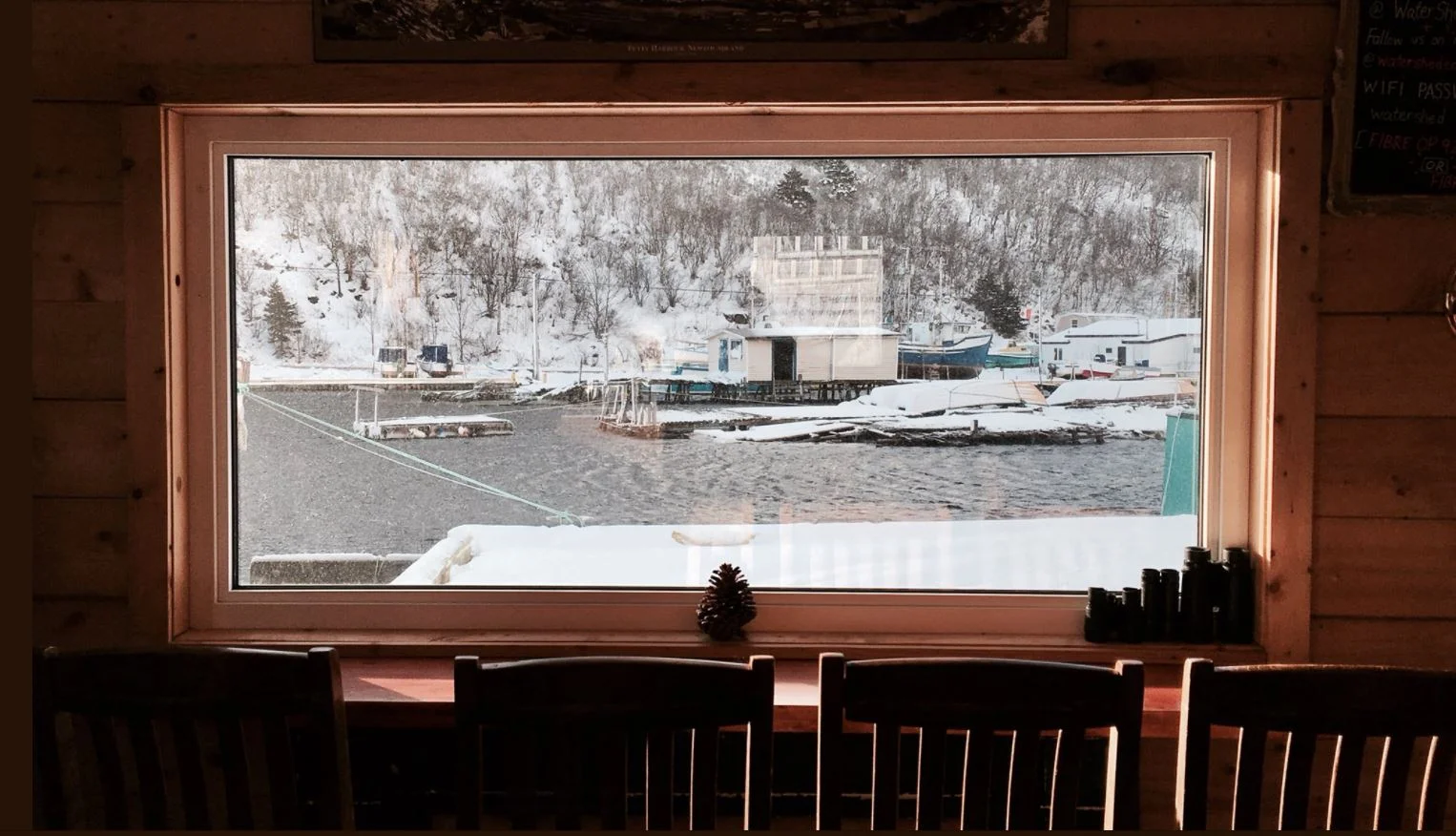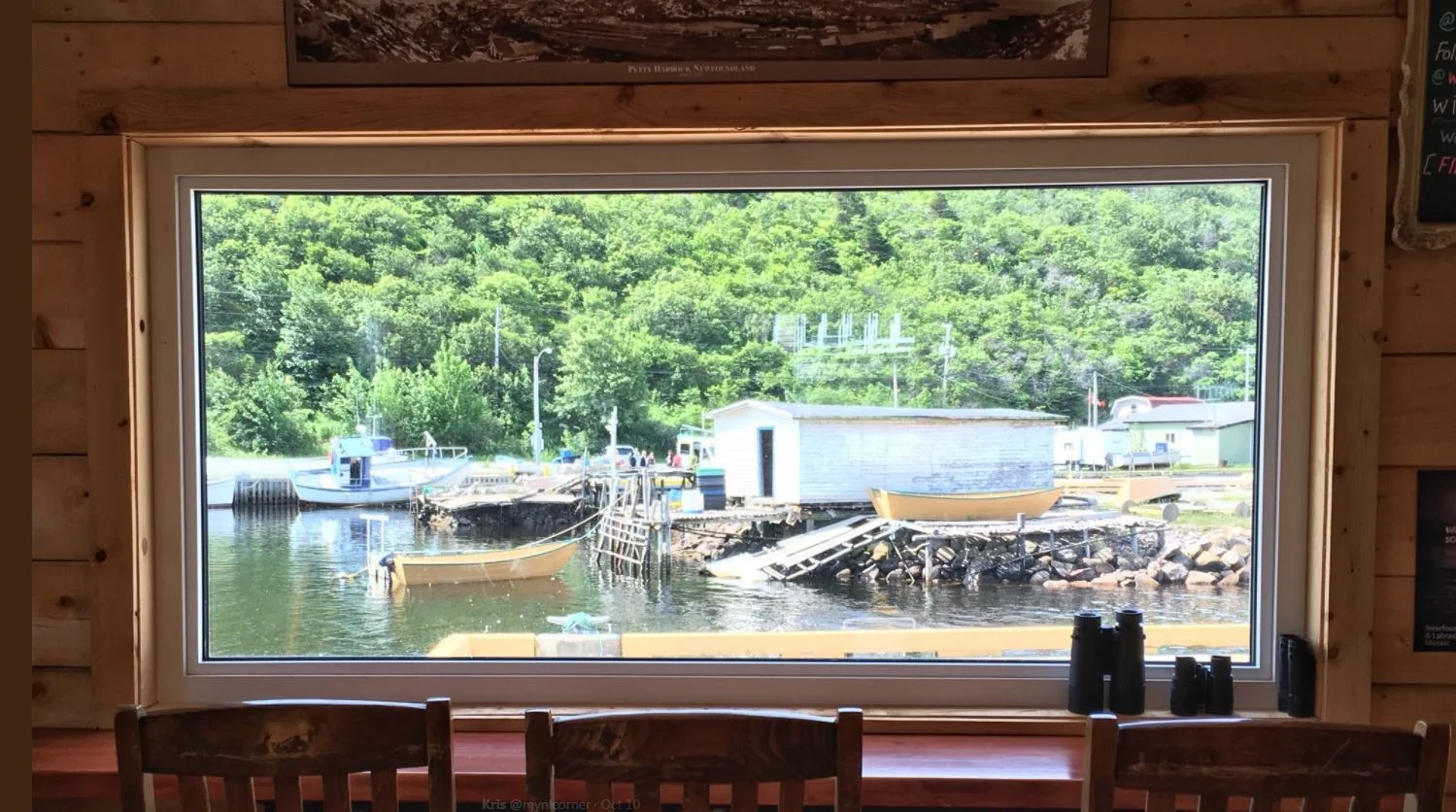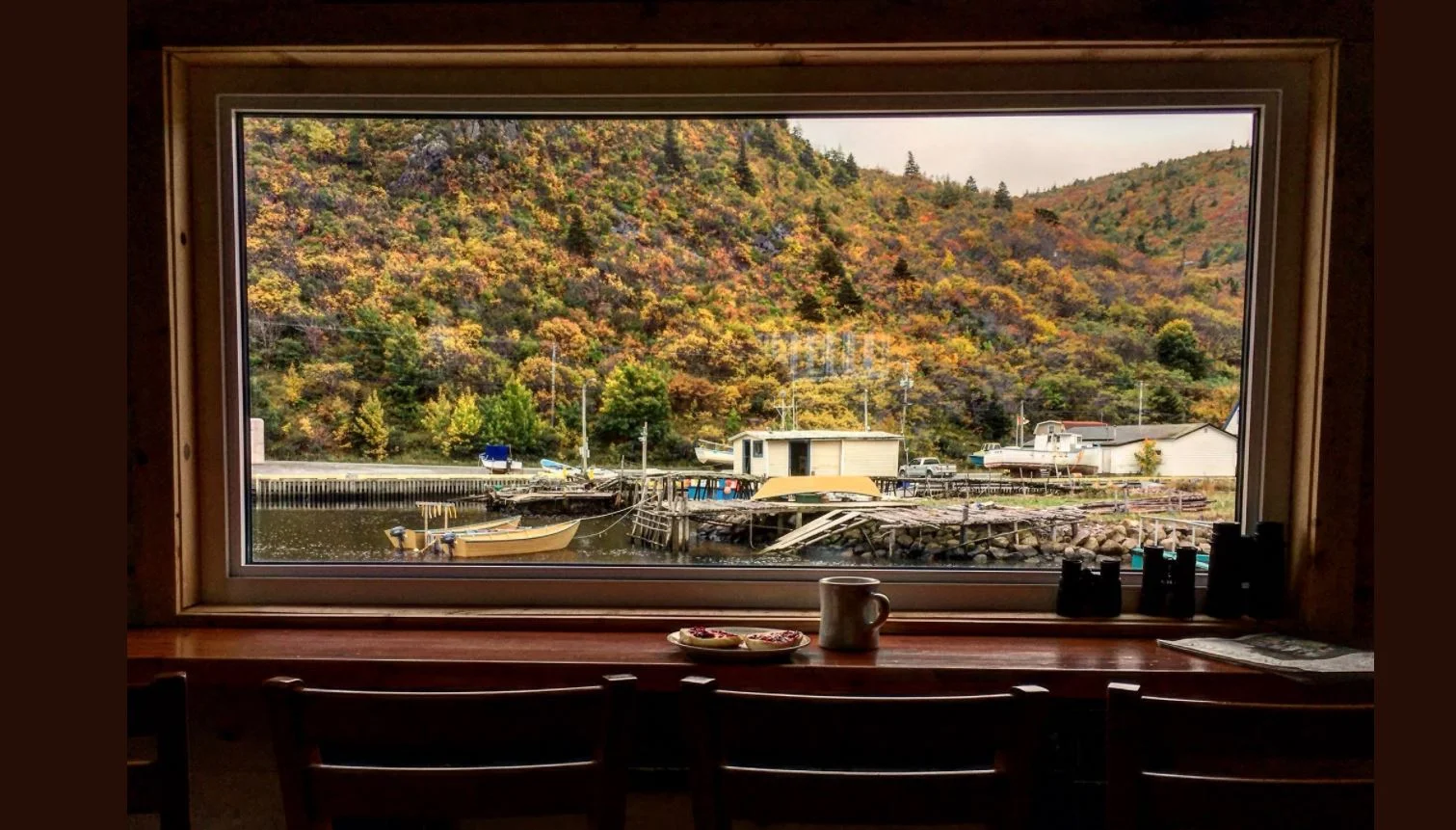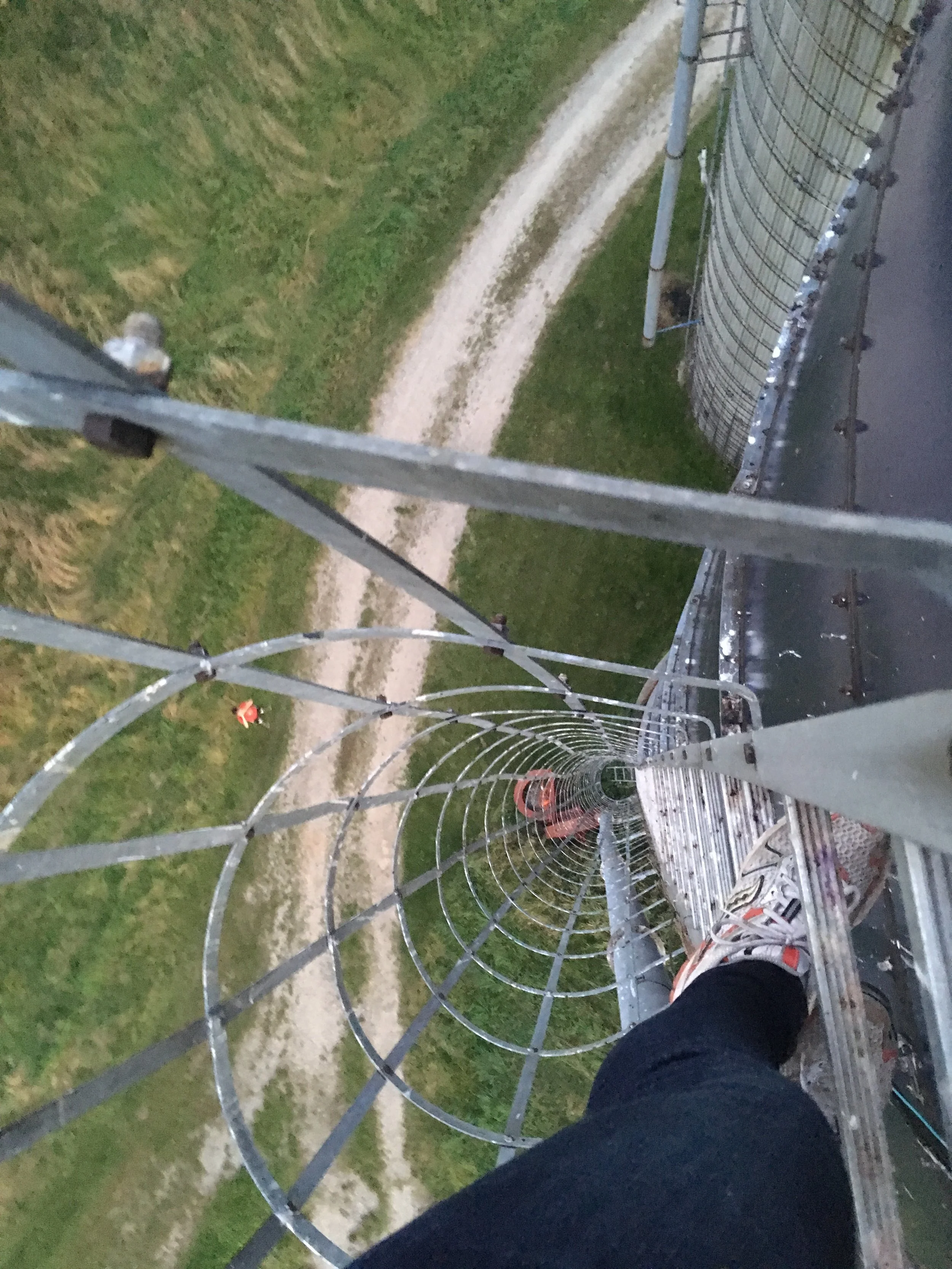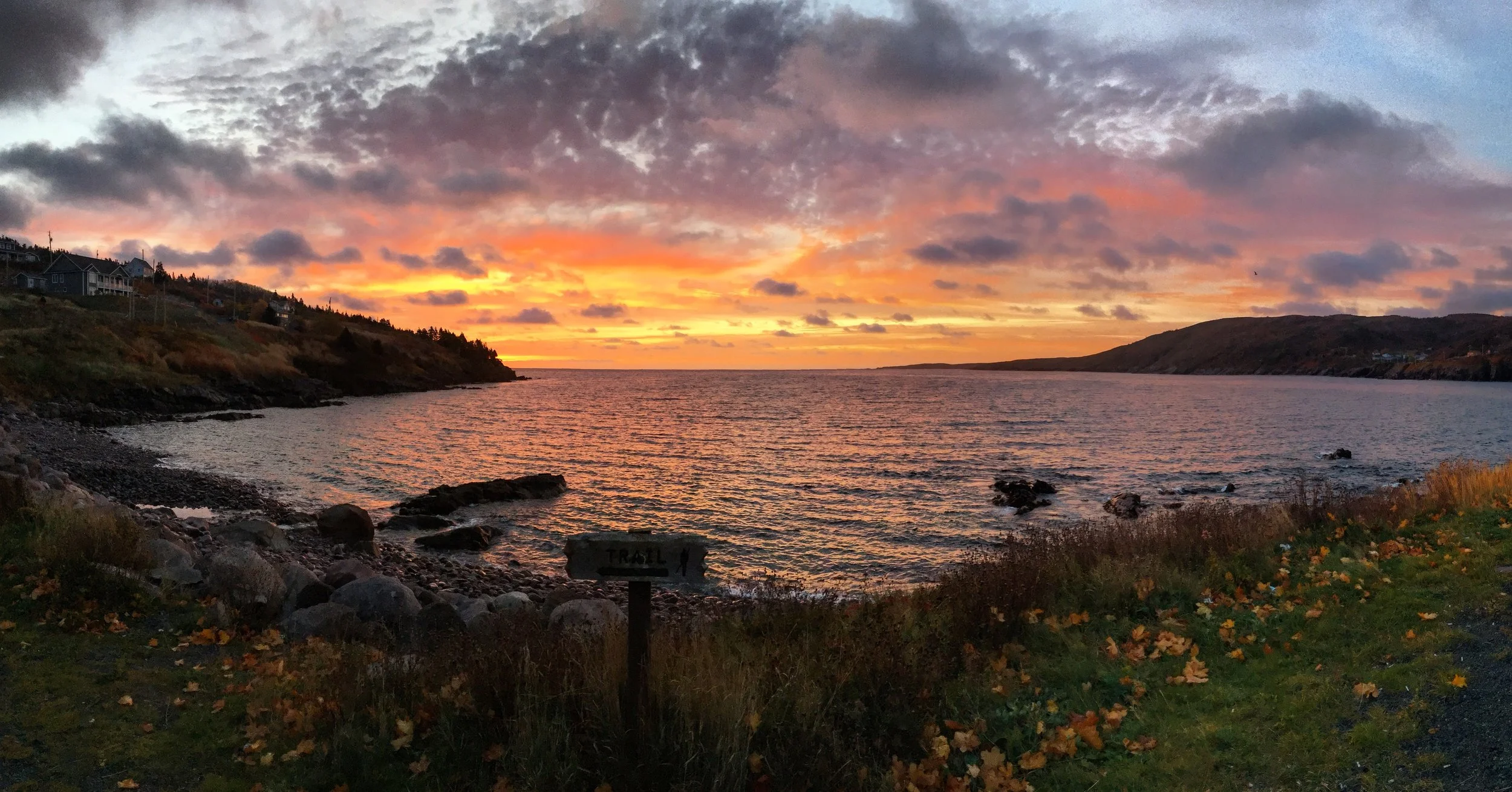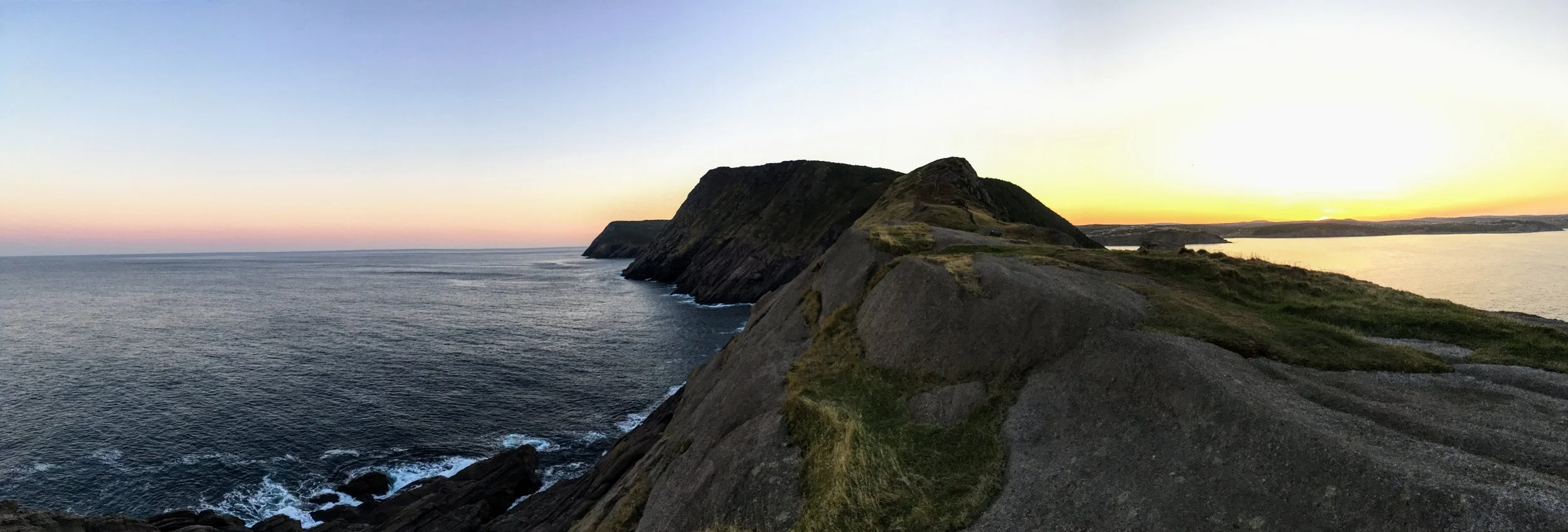Since being diagnosed with Bipolar II in November of 2016, I have become more and more open about my mental health. Online, that is. I still get nervous talking about it in public. Also, knowing that some people in my workplace are aware I have mental health issues has me constantly worrying about it affecting my career. A few people question it because I live what appears to be a normal life. Before I share every post online, I get scared. When something is posted, I panic for a solid few hours after. Sometimes I delete it.
But I WISH there had been more information when I was younger. I WISH I had someone to explain all the scary and messy things in my brain. So I began to write about my experience thinking maybe some people could relate. To my surprise, people have reached out and asked me for information. Asked me about my symptoms and about lots of things I’m about to address in this blog post. I’ve decided to compile a list of information and tips I’ve assembled over the years.
I want to be clear that this may not be everyone’s experience with mental health and the system. We are all different. If there was a one size fits all, then getting better would be a lot easier. But when I decided to talk openly about my mental health—I chose to do it because I want to be the change I wish to see in this world. If this helps ONE person, then I will be happy. My hope is that this doesn’t hurt or discourage anyone.
If you have anything to add— Any programs, tips, or things that really help you. Please share in the comments.
part of the original list I wrote and gave the doctor.
Three years ago, I went running with my sister in-law. Our feet were pounding the pavement on Southside Road as I explained to her that I hadn’t been well lately, but every time I went to the doctor I seemed to freeze up or make jokes because I was uncomfortable.
“Why don’t you write everything down on a list and give it to him?” She asked. “That way you won’t forget— even when you freeze up.”
So I did. I walked into the doctor’s office and explained that I was nervous, but this is what I had been experiencing.
His reaction and understanding probably led to saving my life. I wrote about it here.
It has saved me many times to have a list. I know they often talk a lot about keeping a journal— but sometimes the thought can be daunting. I have a handy little list full of questions I ask myself when i feel like something is off.
It’s quick easy, and doesn’t require me to over analyze in the moment TOO much. Going in to see a doctor with this information is great because you don’t forget anything and they can ask you questions based on the starting point you’ve given them.
Crisis Plan
I came across the crisis plan a few months ago and really liked the idea. I’ve made my own and given it to several people in my life. It’s handy for them because if they are unsure of how to get through to me when I’ve stopped communicating— it helps them know what to do.
Understanding the differences:
I get asked this question a lot. And to be honest, I didn’t understand the difference for many years. In Newfoundland and Labrador— it’s easy (If you have the money) to find a psychologist and book an appointment. It’s VERY hard to get a psychiatrist.
If you’re looking for a psychologist, I really like this website.
You can type in your area code and it will show you who you can see in the area. It’s extremely helpful because it tells you what they specialize in and whether they are taking new patients. You can look all that up without making a million phone calls.
This website is also very helpful.
https://www.theravive.com/cities/nl/
I will say that it’s hard to find a good fit for both psychologists and psychiatrists. It can be hard to open up with someone and sometimes it just doesn’t click. If you find the first appointment tough, don’t be discouraged. It doesn’t mean you can’t be helped. I promise it’s worth it in the long run.
In St. John’s there are several FREE options which I’ve heard really great things about: Several friends have used the Doorways program and I haven’t heard a single bad thing about it.
The St. John’s Women’s Centre is another free option.
The Waterford Hospital
I’ve never stayed overnight at The Waterford. However, I have been to the emergency as well as been there for appointments with the psychiatrist who diagnosed me.
It’s not a great place. You will read many horror stories in the news about it. However, I will say that I had both a very bad experience there and also a very good experience. It was extremely hard to sit in the waiting room and go through three interviews, but ultimately I’m glad that I did. Many, many people want to help you. They are working with the best that is given to them. Don’t completely dismiss going to emergency, because it is there to help you.
When I went, I was interviewed by three people. A nurse, an intern, and a psychiatrist. I had to answer A LOT of questions. Be prepared for that.
Crisis Lines
I’ve used the crisis line and there is no shame in it. It’s not my first choice, but it’s something that is there 24/7. Trained professionals are on the phone and ready to listen. I admit that I’ve been scared of them sending out blaring sirens and police officers. That didn’t happen to me. They talk to you. They are a voice on the other line reminding you that there is help.
The CHANNEL warm line is another option. It’s not a 24/7 emergency line but I hear it’s a wonderful help for those who feel alone in their struggles. One of the nice things about it is that it’s operated by people who have been sick as well. They truly understand what you are going through.
Family Doctors
The reason that I am here today is because of my previous doctor. He fought for me when I didn’t want to. I took the list I previously talked about and handed it to him. When he read it, he asked me a series of questions and started the ball rolling. He admitted he didn’t know as much as others about mental health, but he fought for me. He wrote a letter to bring to emergency at The Waterford. He put me on the list to see a psychiatrist. He also wrote me a referral letter to see one in a private practice. When the psychiatrist said he wouldn’t take me— they pleaded with him, and he ended up taking me as a patient.
Family doctors might not be experts, but don’t dismiss their ability to point you in the right direction.
Medication
Medication is TERRIFYING for me. Right now I have a bottle of new pills sitting on my shelf. My family doctor in Nova Scotia tried talking me into medicine for years and I refused. When my family doctor in Newfoundland first wrote me a prescription— I didn’t fill it either. He called me and begged me to come in and speak to him. When I went to The Waterford, they interrogated me about why I was so scared to try it.
I was scared about weight gain and many other things I’ve heard about. It’s completely normal to be scared of side effects. When I shared all my worries with the psychiatrist who diagnosed me, she went through all the side effects with me and was honest about what I was in for.
When it became clear I might need some new medication, I asked about what the options were. Because I have Bipolar II, my options are much more limited. But I was given a list and I went home and did research. The next time I went in, I discussed it all over again before agreeing to Risperdal.
Medication is scary, but it also is important. I have zero doubt that it’s saved my life. If you are freaking about it— do your research. Ask about all your options. It’s less scary if you know what you are in for. It’s okay to be scared and it’s not dumb to worry. But as someone who resisted for a very long time, I have come to appreciate my lamotrigine. The number one tip I have is to research and ask your doctor about the options. You don’t have to like the first thing they give you.
Non Medication
I know, I know, we all hate hearing the magic cures that everyone thinks they have. But I remember one of my therapists saying to me that if it works for someone, then she won’t argue with it. We all have things that work for us.
For me it’s included:
Running
Making sure I’m outside for at least half hour a day.
Taking a lunch outside of my office,
The five step method for panic attacks:
Going for a drive (If I’m not suicidal)
Cuddling my cat
Sitting and staring at the ocean
Trying to make someone else’s day better when mine is awful.
Friends
Have you ever been told that you’re not a burden? That you should feel free to reach out? Been given numbers and the offer to DM someone if you need to? I’ve had it said to me over and over again. The kindness of people has never ceased to amaze me. But still, I never shake the feeling of being a burden. I’ve reached out to friends when I’m struggling, but over the years I’ve gone through crisis after crisis and come out the other side.
“Do they think I’m being dramatic?” I always wonder. “Am I the girl who cries wolf because I’ve never ended up taking my life?”
Still, on those nights where I’m on the floor sobbing and planning out my suicide, I feel frantic. Or, other nights I’m simply not okay. The racing heart, thoughts going a mile a minute, and a brain so foggy I don’t want to drive: “You’re not at risk of killing yourself, so don’t call anyone.” I tell myself.
Years of this has made me rarely tell people in the moments I’m the most in danger. Sometimes I’ll be sitting in a group of people and wondering if I should kill myself on the way home. But who wants to be a buzz kill?
I would NEVER discourage someone from reaching out. I ENCOURAGE it. It’s important and if it were my friend, I would beg them to text me if they felt like that. But we hold double standards for ourselves, don’t we? Ideally you will reach out. Ideally you will see that your friends want to help. But in those moments where I refuse to reach out, I’ve come up with some tricks for myself that I thought I would share:
Call friends for a chat. I don’t tell them I’m suicidal, but it’s a way to remind myself my friends are there. If they ask how I am, it’s an opportunity to be honest
Text a friend and ask how they are. Sometimes it gets me out of my head to ask them about their lives. Ask them about the best thing that’s happened to them that day.
I’ll tweet and interact with my online friends
I never had a large group of friends until the last two years. I cannot begin to explain how much they’ve been there for me. But I also understand what it is to feel alone. I had more people than I thought during my lonely years, but it was easy to dismiss. Looking back I realize there were still people who cared. A special shout out to my parents and younger sister who lived with me during my sickest years when I was hiding most of it from the world. My sister Kylie slept on my floor for two weeks. Ashley went out for endless cups of coffee with me. My father and mother paid for me to go see someone when they realized I wasn’t getting better.
When you feel like there isn’t anyone
But do you feel like there isn’t anyone? Is there a coworker you trust? A childhood friend you’ve always been able to pick up with like no time has passed? Family members? A pet?
If you don’t feel like you do, I’m so sorry. But you also are still loved. You are still valuable to this world and you have worth. Brighter days ARE possible.
Something I set up for myself is create a list of reasons to live. I write it in big writing on the white board in my house and leave it up for weeks. It’s always there as a reminder. It’s the most helpful in the darkest moments where I don’t have the willpower to think about why I should stay or feed myself the lie of not having anyone who cares. Sitting in my living room is the white board. All I have to do is read:
The reasons tend to change, but the top one never changes.
It doesn’t have to be just for reasons to be alive. It can be reasons to go to work. Reasons to see friends. Reasons to try and get better.
________________________________
One of the toughest lessons I’ve learned since being diagnosed with Bipolar II is just how much work it is to look after myself. It gets discouraging and frustrating. Many times I’ve been tempted to quit my medication and stop tracking how I’m doing. Monitoring my moods, triggers, and things that help is exhausting beyond words. Sometimes it doesn’t feel like it’s helping. I know how easy it is to give up. I will always understand why people do.
There are those who aren’t naturally self aware and are in the middle of a crisis before they realize they even got there. It is not their fault. We talk about raising awareness about mental health—but we are truly educated? Are we compassionate? How can we learn the signs if we’ve never been taught? We can’t blame people for not helping themselves if they don’t know how to.
The reason I’m sharing this is because it’s hard. It’s really hard. The amount of googling, reading, and trial and error has been difficult. I wouldn’t wish this on anyone.
My hope is that this will help others help themselves.















